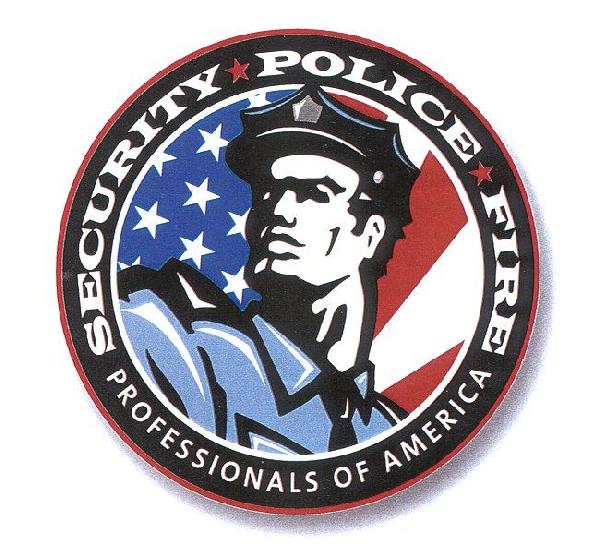House Passes Employee Free Choice Act
By a margin of 241–185, the House passed H.R. 800, which would level the playing field when workers seek to form a union and bargain. Thirteen Republicans joined 228 Democrats in voting for the bill. Two Democrats and 183 Republicans voted against the bill.
SPFPA President David L. Hickey says the House vote:
....marks a historical moment in labor history. With the passage of the Employee Free Choice Act by Congress, not only will security police professionals from around the United States have a free choice to join our union SPFPA, but millions of workers nationwide will have an opportunity to do the same.
SPFPA International Organizing Director Steve Maritas says:
Congress today has recognized that workers should have the free choice and right to join a union without fear of threats and intimidation by an employer. With the passage of the Employee Free Choice Act by the House of Representative, security police professionals and workers nationwide can now realize the American dream which can only come about in a true democracy. Today marks the first step in the shifting of power from the corporate employer to the middle class worker. Thanks to the Employee Free Choice Act, the voices of tens of millions of working people who deserve the right to make a free choice to bargain for a better life have been heard and heeded on Capitol Hill.
The International Union, Security, Police, Fire Professionals of America (SPFPA) is the largest, oldest and fastest growing union of 9(b)(3) security police professionals in the United States today. Presently the SPFPA is embarked in several ongoing union campaigns including the organizing of 2000 casino security professionals working at 11 Atlantic City casinos, 550 private screeners at KC Airport, a national campaign against Loomis Fargo and Company and the unionization of Homeland Security police professionals in Washington D.C. - www.SPFPA.org
In a last-minute, desperate effort to delay passage of the bill, Republicans tried to get the bill recommitted or sent back to committee. Republicans wanted to add a provision that only U.S. citizens be allowed to sign union authorization cards. The House rejected the recommitment by a margin of 225–202.
Rep. George Miller (D-Calif.) lashed out at the Republicans, calling the recommitment ploy a cynical act. He pointed out that under the current law it’s up to employers to ensure that all their workers are documented. Trying to move that responsibility to unions is just another example of Republican anti-worker sentiment, he said.
This [recommitment move] just shows how much you really hate workers.
The Employee Free Choice Act has strong bipartisan support. Introduced by Miller, the bill has 233 co-sponsors. Democrats made it clear that the purpose of the bill was not pro-union or pro-business, but pro-worker. During the debate, House Speaker Nancy Pelosi (D-Calif.) said
Democrats believe we must make our economy fairer. We took the first step in our first 100 hours, with a strong bipartisan vote to increase the minimum wage. And today, we take the next step, with a strong bipartisan vote to ensure that America’s working families have the right to organize.
The right to organize means a better future for them, and for all us. It means a future that is economically and socially just, a future where the workplace is safe, a future where our retirement is secure.
To see videos of some of the speeches on the House floor during the debate please visit the link below:
http://www.speaker.gov/blog/?p=74 Pelosi, who had been on the House floor all day, returned to the Speaker’s chair to announce the vote tally.
The SPFPA made this bill a key priority. Working along with the leaders of the AFL-CIO and Change to Win Coalition together more than 8 million e-mails messages were sent to online activists on Employee Free Choice Act. Phone calls and faxes were sent to Congress and during a week of action, workers in more than 100 cities met with members of Congress and community leaders to push for passage of the Act. Actions included conferences, worker roundtables, rallies and other gatherings, with workers and union and community leaders meeting with at least 130 members of Congress.
www.SPFPA.org

